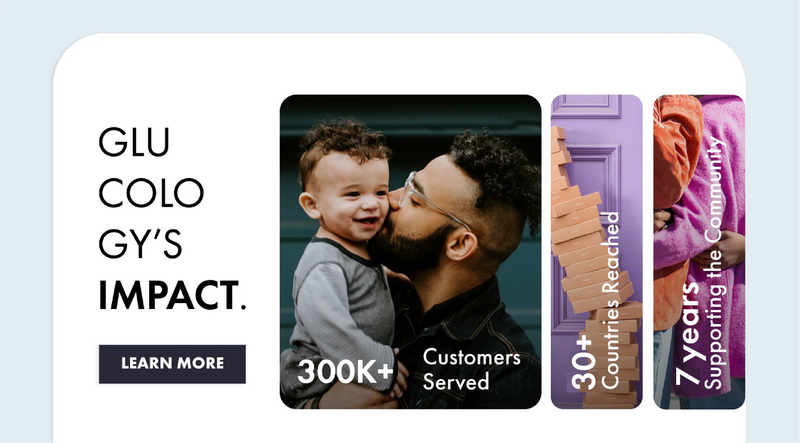No Products in the Cart
Shannon is a T1D from Australia who is passionate about contributing to diabetes awareness. He knows as well as anyone in the community that diabetes is a 24 hour/7 days a week/365 days a year role. Because of this, Shannon knows the importance of having access to the right support products/services for not just your diagnosis but also for you and your everyday lifestyle, which is why he's partnered with Glucology to share more stories and connect people to the right resources.
Today, we asked him 8 questions to facilitate in him sharing an Australian perspective on how diabetes is supported/not supported, and how access differs for many different groups. Shannon also uses the opportunity to outline how the mental & physical support has changed over time for him and for others around him.

1.If you could change one thing about how diabetes is supported globally, what would you hope to see?
Always think global in the first context. Look globally, nationally, across your state and then local area. You will get a great picture at all levels of what you have access to. Look for resources in your local area. Living in Melbourne - Victoria, Australia I would visit sites like Diabetes Australia, Diabetes Victoria and related sites which are level, well resourced and have the appropriate professionals looking out for you. If you want to connect with others, find local groups in your area or online to connect with people and know you are not on the journey alone. There are many others who have it - it comes with the old saying "A problem shared, is a problem halved". Don't be afraid to ask questions, and when people ask you a question - be confident in your condition, as most of the time they are wanting to be better informed about it by a person who lives with it.

The content of this Website or Blog is not intended to be a substitute for professional medical advice, diagnosis, or treatment. Always seek the advice of your physician or other qualified health provider with any questions you may have regarding a medical condition. Never disregard professional medical advice or delay in seeking it because of something you have read on this Website or Blog.
If you think you may have a medical emergency, call 911 (in the US) or 000 (in Australia) immediately, call your doctor, or go to the emergency room/urgent care.